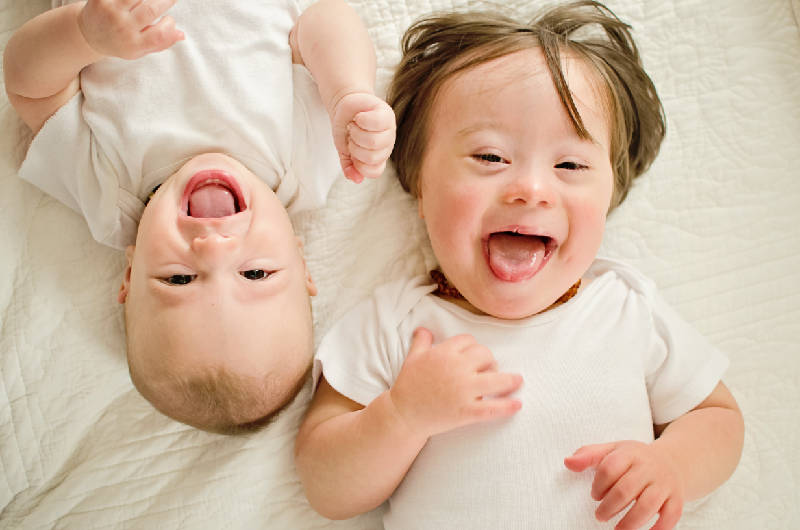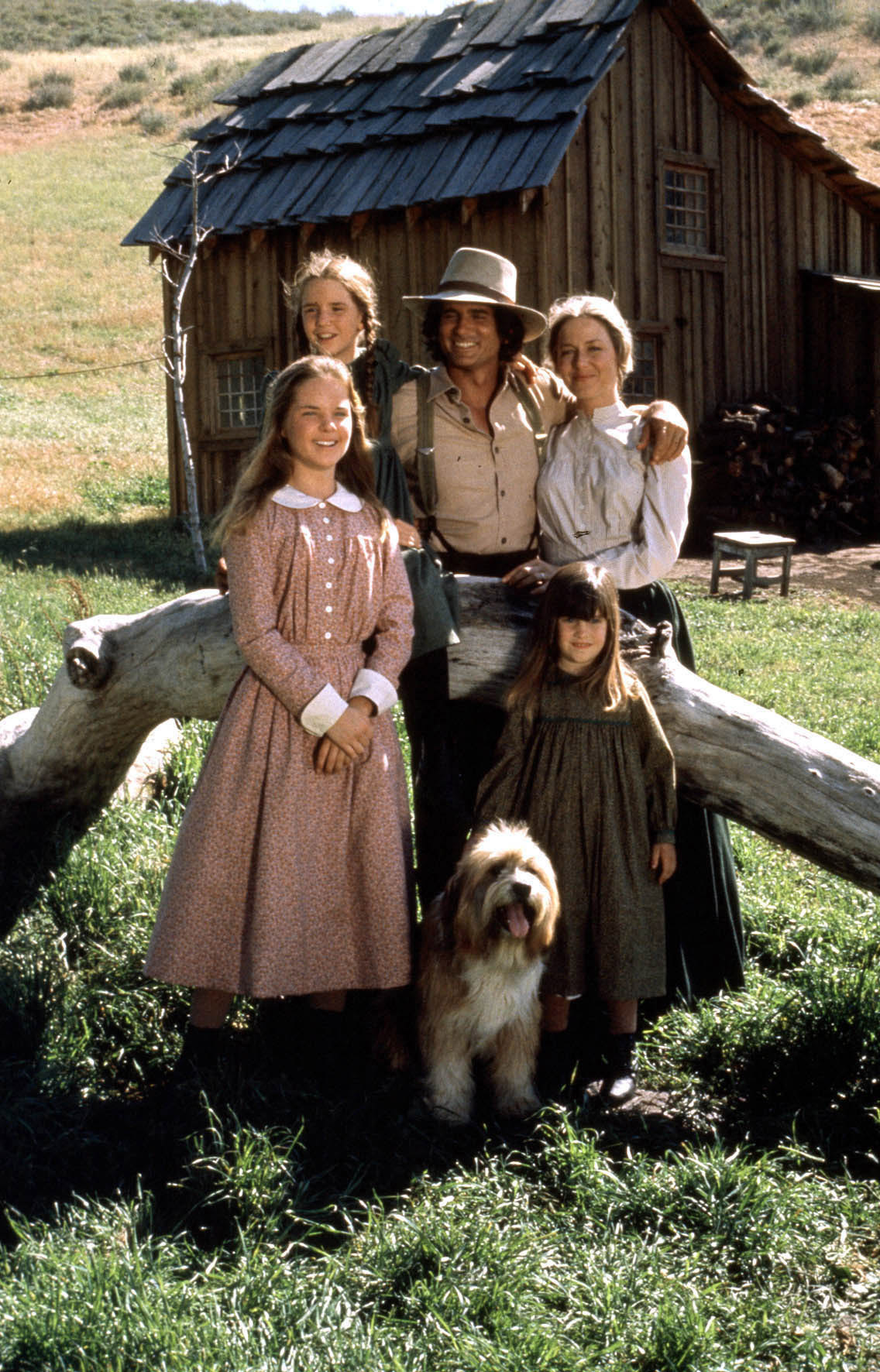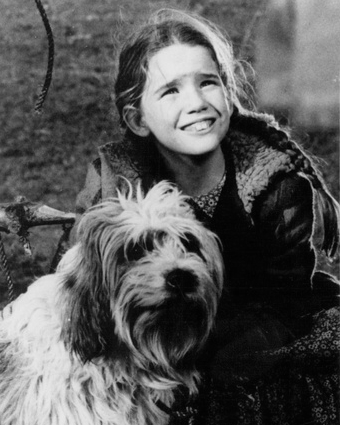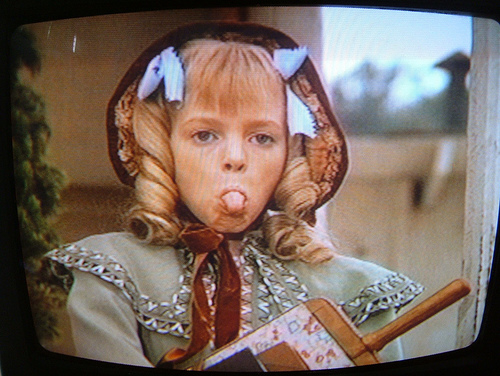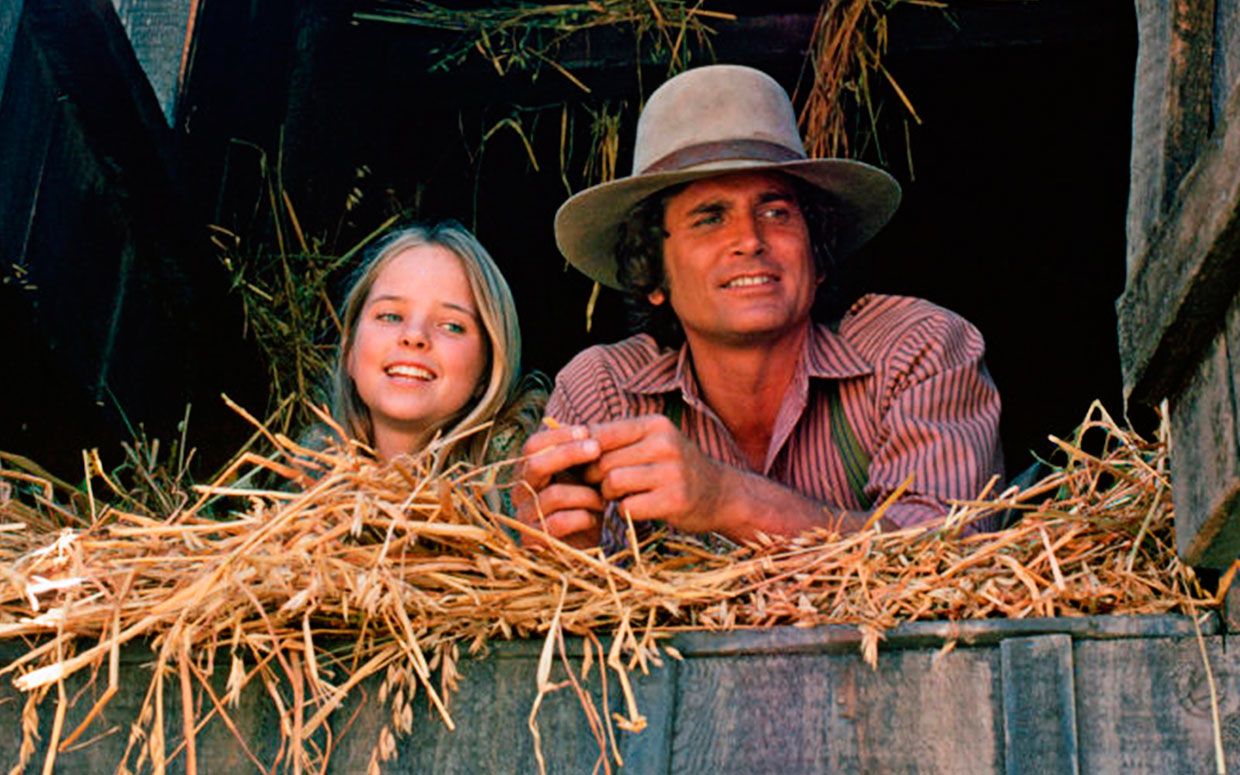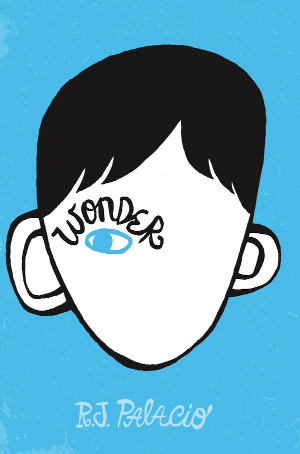
Penguin Random House Books
I finished reading Wonder in March, but I can’t stop thinking about this book. I’ve recommended it to more people than I can keep track of. The ones who’ve read it get back to me and thank me for recommending it. The book is just that good. This book resonated with me for several reasons. First, I grew up in a family with a sister who had special needs. I also have a son with special needs. I’m a pediatric nurse who’s cared for children with the same kind of anomalies that the main character was born with. Finally, I taught elementary school for 4 years and high school for 1, and Ms. Palacio nails school dynamics beautifully.
If you haven’t read this wonderful book yet, here is a brief introduction: August Pullman has never been able to attend school due to his extensive medical needs. He was born with severe craniofacial anomalies, and has had many surgeries. At the opening of the story, his parents have decided to enroll him in a private school. Auggie is nervous about how the other kids are going to respond to him. The principal picks three kids that he thinks will help ease the transition for Auggie, but it doesn’t work out so well. (It’s more complicated than that, but I don’t want to give spoilers!) However, there is another student named Summer who befriends Auggie without prompting from anyone. Through the narrative, the reader becomes a part of the Pullman family as well as their extended family and friends.
- The story unfolds through multiple perspectives. Even though Auggie is an extremely observant kid, there is no way he could know the motivations and back story for every other character in the book. Palacio beautifully puts us inside the head of each character, and this is one of the reasons this book has such a huge heart. No one is a cliché, but a fully developed character with motivations guiding their behaviors.
- The book is written with humor. Even though I cried in many places, this book is not in the least bit depressing. The Pullman family relies on humor to get them through the tough times. I came to love this family so much. They made mistakes and they didn’t always agree. But they loved each other and it comes across so beautifully in the writing.
- The beautiful writing itself makes the book a pleasure to read. In the very beginning of the book, Auggie tells us, “the only reason I’m not ordinary is that no one else sees me that way.” He is perceptive and notices the way others react to him. He also shares at one point that if he had a magic lamp, he’d wish for an ordinary face. Being inside of Auggie’s head doesn’t feel like a pity party. But the frustration he feels that even his own family doesn’t seem to be able to allow him to be “normal” comes across beautifully. It’s gut wrenching, but at the same time it’s hopeful.
- Via’s experiences were the ones that resonated the strongest for me because this teenage character is able to put her family’s existence into words better than I’ve ever been able to. When it’s Via’s turn to tell the story, she compares her family to a solar system. “August is the Sun. Me and Mom and Dad are planets orbiting the Sun. The rest of our family and friends are asteroids and comets floating around the planets orbiting the Sun.” Wow.
- Another beautiful part of Wonder that was especially meaningful for me was the relationship between Via and her grandmother. In her early years, having her grandmother’s unconditional love and adoration helped to offset the dynamics of her nuclear family. My grandmother was exactly this for me. And just like Via, she died unexpectedly when I needed her support the most. Via’s grandmother shares a secret with her about why she feels the way she does. “I love Auggie very, very much,…but he has many angels looking out for him already, Via. And I want you to know that you have me looking out for you.”
- This book is “real” in every since. Palacio doesn’t sugar coat anything. She allows Auggie to be resentful of “normal” kids at times. Via feels betrayed by her mom at times when she focuses so much attention on Auggie and his needs. The parents have arguments. Some kids are just plain mean, because let’s be honest, some kids just are. Perhaps the best part of the authenticity of Wonder is that is shows how acts of kindness that might seem small at the time, can have an enormous impact on someone who needed the kindness. In fact, this book started the Choose Kind movement through American schools.
To say that I recommend this book is an understatement. If you haven’t read it, you can go here for more information from the book’s publisher. If you have read it, please share your comments. I’d love to hear from you.

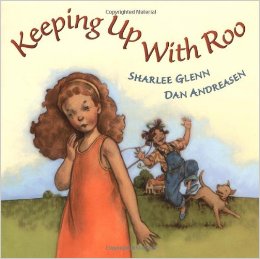
 Susan does that are exactly like every other kid in the world. It isn’t until the very last page of the book that the reader will discover that Susan is in a wheelchair. I took care of a beautiful, smart and sassy little girl who uses a wheelchair and I see her on every page. I highly recommend this book to parents of preschoolers. When you reach the end of the book, the illustration of Susan in her wheelchair provides the perfect teachable moment to discuss all of the similarities Susan has with your own child.
Susan does that are exactly like every other kid in the world. It isn’t until the very last page of the book that the reader will discover that Susan is in a wheelchair. I took care of a beautiful, smart and sassy little girl who uses a wheelchair and I see her on every page. I highly recommend this book to parents of preschoolers. When you reach the end of the book, the illustration of Susan in her wheelchair provides the perfect teachable moment to discuss all of the similarities Susan has with your own child.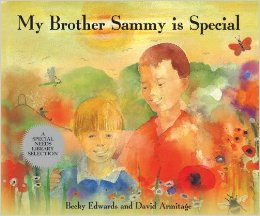
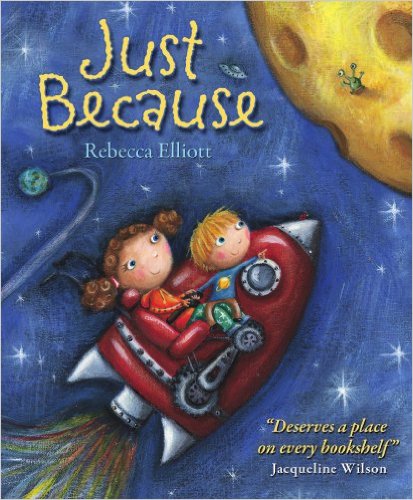
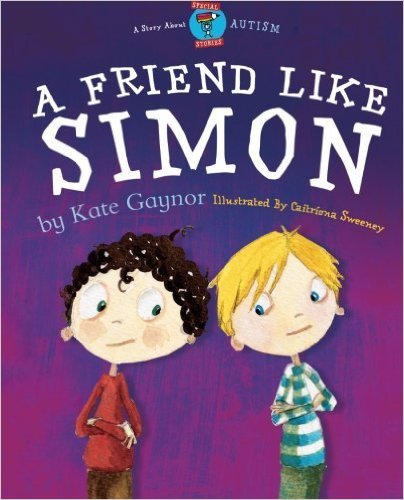
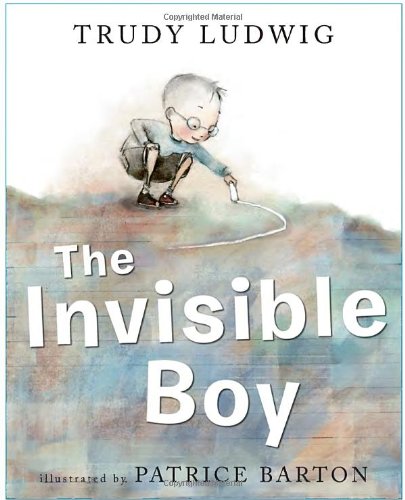 For any parent of a quiet child that’s felt left out of the “popular group” at school, this book is a true find. The illustrations by Patrice Barton add to the impact of the words because Brian (the invisible boy) starts out gray and becomes more colorful as he begins to see himself as fitting in with someone–anyone. This book truly shows that it only takes ONE kind child to reach out to an “invisible kid” and make them feel a part of a class. Parents, I urge you to teach your children to be this one child. There are “Brians” out there in every classroom. I’ve taught elementary school, and I’ve witnessed the change one child can make.
For any parent of a quiet child that’s felt left out of the “popular group” at school, this book is a true find. The illustrations by Patrice Barton add to the impact of the words because Brian (the invisible boy) starts out gray and becomes more colorful as he begins to see himself as fitting in with someone–anyone. This book truly shows that it only takes ONE kind child to reach out to an “invisible kid” and make them feel a part of a class. Parents, I urge you to teach your children to be this one child. There are “Brians” out there in every classroom. I’ve taught elementary school, and I’ve witnessed the change one child can make.